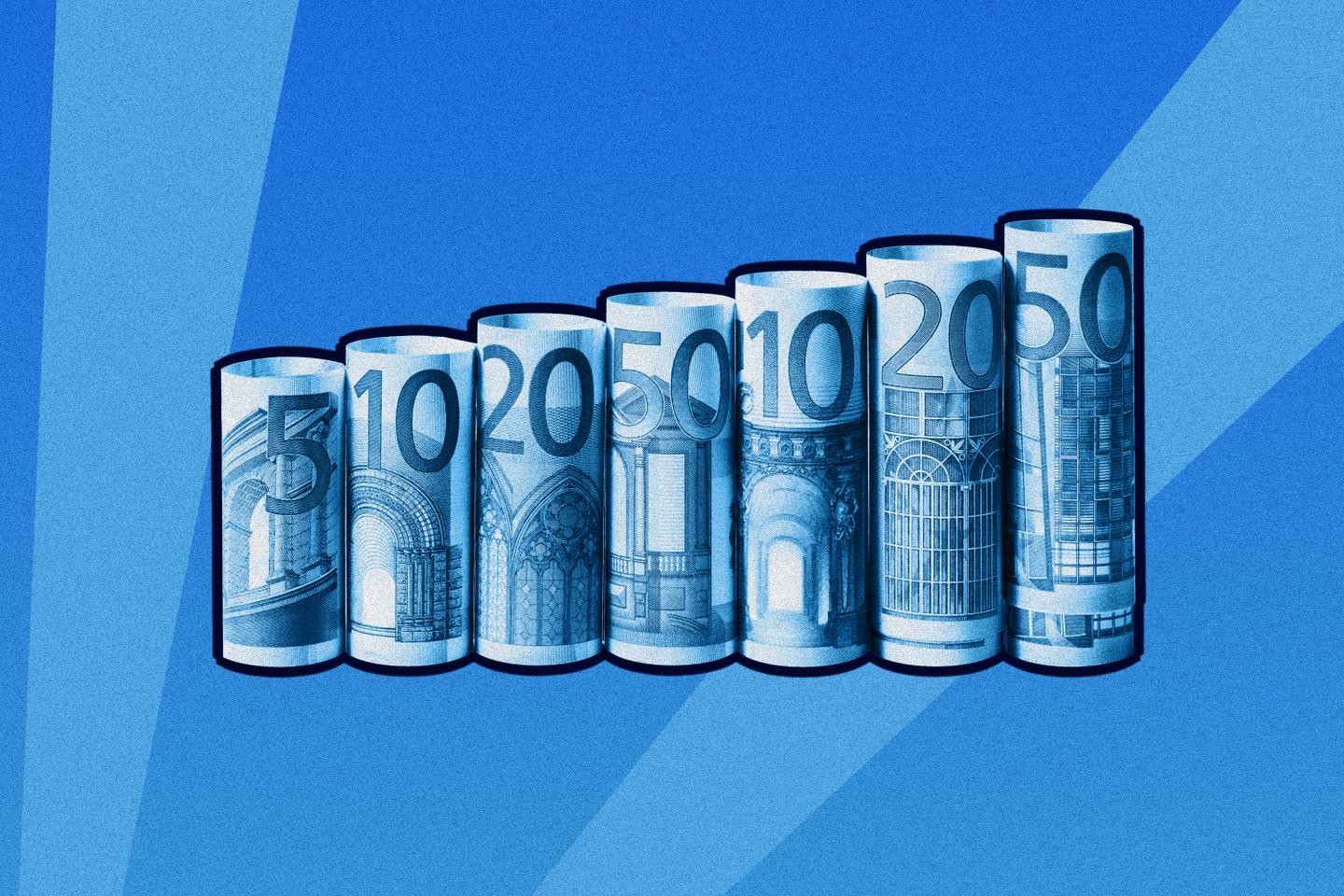


The so-called "Zucman tax" – named after Gabriel Zucman, an economist, professor at the Ecole Normale Supérieure and director of the European Tax Observatory – targets the wealthiest individuals, with assets of over €100 million. It has become central in France's budget debate, with projected annual revenues of €20 billion. However, this number vastly overestimates the actual revenue that such a measure could actually generate, for three main reasons.
The first limitation concerns behavioral responses. Taxpayers adjust their behavior in response to new taxes, either through tax evasion or optimization (intensive margin), or by relocating abroad to avoid taxes (extensive margin). Empirical studies have examined the effects of reforms to capital taxation, which have affected a much broader base of taxpayers than those targeted by the Zucman tax and at much lower rates. These studies show that for every €1 collected on paper, only €0.25 translates into actual long-term revenue due to taxpayer behavioral adjustments. A recent report by the French government's Council of Economic Analysis confirmed this finding in the specific case of tax-related emigration. While the economic impact of these behavioral adjustments may be modest as a share of gross domestic product, they are significant in terms of expected tax revenue.
Applying the observed ratio between projected and actual revenue, the Zucman tax could reduce the structural deficit by €5 billion, not €20 billion. The Zucman tax would be an unprecedented measure – and it is impossible to know whether tax optimization or relocation behaviors would play out differently than in other contexts. But it is more prudent to base revenue forecasts on assumptions that incorporate reactions consistent with past reforms, rather than relying on a purely mechanical calculation.
Risks for economic growth
You have 64.31% of this article left to read. The rest is for subscribers only.
